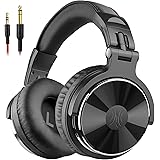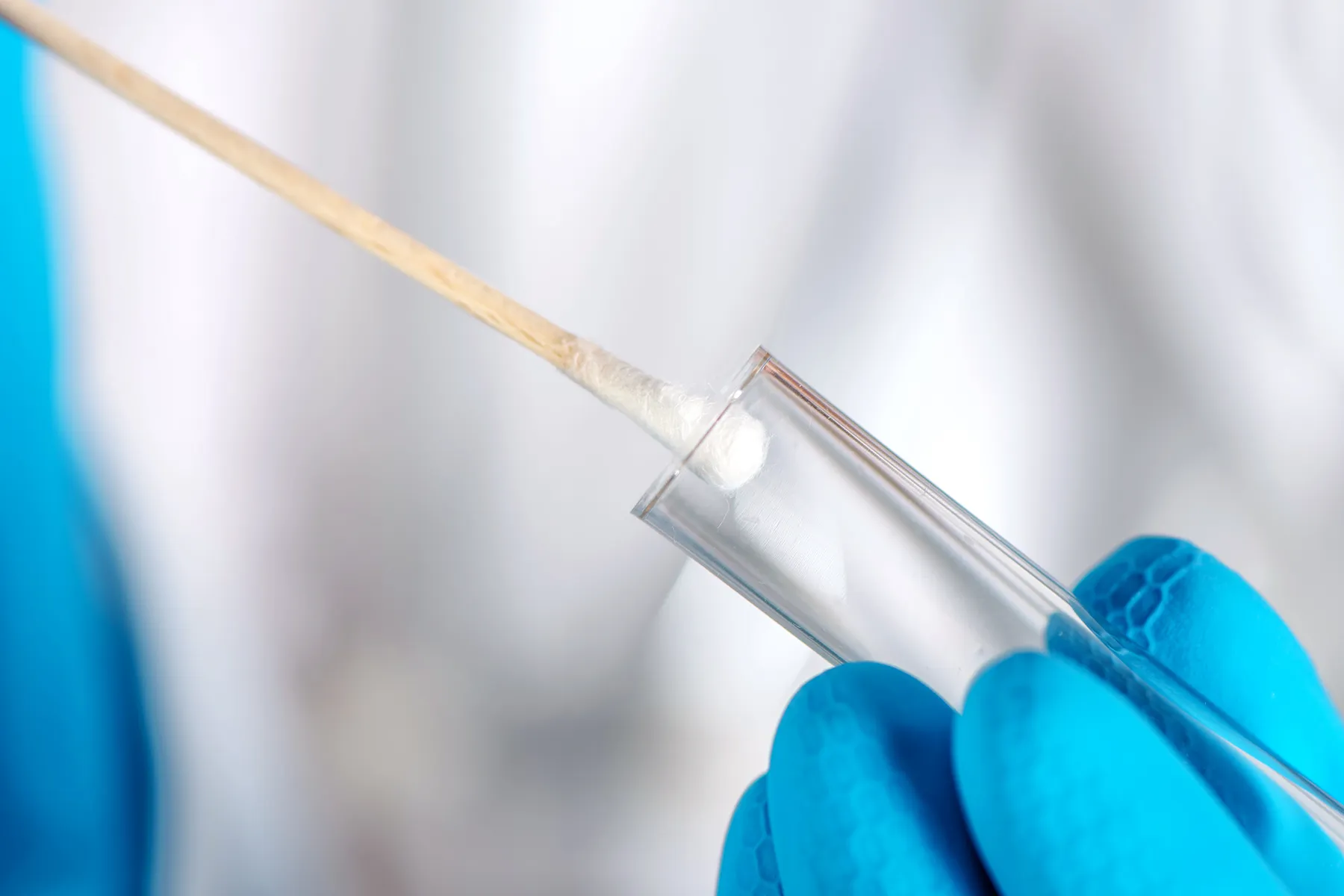—
In three patients, one-time infusion of CARv3-TEAM-E T cells resulted in rapid tumor regression
by
Mike Bassett
,
Staff Writer, MedPage Today
March 13, 2024
A new approach to chimeric antigen receptor (CAR) T-cell therapy showed promise in treating recurrent glioblastoma, according to a small phase I study.
In the first-in-human trial, three patients with recurrent glioblastoma who were treated with CARv3-TEAM-E T cells experienced “dramatic and rapid” tumor regression within days of receiving a single intraventricular infusion, reported Marcela Maus, MD, PhD, of Massachusetts General Hospital and Harvard Medical School in Boston, and colleagues.
“This study shows that antitumor CAR-mediated responses can be rapidly obtained in patients with glioblastoma, even in those with advanced, intraparenchymal cerebral disease,” Maus and collaborators of the INCIPIENT study wrote in the New England Journal of Medicine.
The product uses CAR T cells engineered to target the epidermal growth factor receptor (EGFR) variant III (EGFRvIII) tumor-specific antigen, as well as the wild-type EGFR protein, through secretion of a T-cell-engaging antibody molecule (TEAM), the research team explained.
However, “despite the remarkable responses in this case series, we observed eventual tumor progression in two of the three participants, which corresponded in part with limited persistence of CARv3-TEAM-E T cells over the weeks after infusion,” wrote Maus and co-authors. “As such, these data warrant future evaluation of CARv3-TEAM-E T cells alongside strategies specifically designed to enhance durability, perhaps through preconditioning with chemotherapy or additional scheduled infusions.”
While CAR T-cell therapy has demonstrated proven efficacy in blood cancers, its use in solid tumors has been limited to date, the authors pointed out.
Maus and colleagues in a previous study developed CAR T cells to target EGFRvIII, which is expressed in about 30% of glioblastomas. When that approach had limited effect, they engineered the CAR T cells to deliver TEAMs against wild-type EGFR, which is not expressed in normal brain tissue but is nearly always expressed in glioblastoma.
Thus, this first-in-human, investigator-initiated, open-label INCIPIENT study was designed to evaluate this engineered T-cell product — CARv3-TEAM-E — in patients with recurrent or newly diagnosed glioblastoma.
The study enrolled the first three patients between March and July 2023. All had been treated with standard-of-care radiation and temozolomide (Temodar) chemotherapy and entered the trial after disease recurrence.
One patient was a 74-year old man who experienced disease recurrence at 12 months after diagnosis. On the first day after the infusion of the CAR-T product, imaging showed rapid regression of the tumor that was confirmed on imaging over the next 2 weeks. However, that improvement was transient, and he went on to receive a second infusion of the CAR T cells on day 37.
Next was a 57-year-old woman who enrolled in the study after imaging showed evidence of recurrent disease 6 months after diagnosis. An MRI scan on the fifth day after a single infusion of the CAR T cells showed near complete tumor regression. However, as with the first patient, the improvement was transient with evidence of recurrence appearing within 1 month after infusion.
The third patient was a 72-year man who showed evidence of progression at 20 months after diagnosis and was enrolled in the study based on his EGFRvIII status at initiation diagnosis. On the second day after infusing the CAR T cells, imaging showed a decrease in cross-sectional area of the tumor by 18.5%, which by day 69 had further decreased by 60.7% from the preinfusion baseline value. Unlike the other two patients, this patient’s response remained durable at the last assessment, more than 150 days after a single infusion.
Adverse events possibly attributable to the CAR T-cell infusion included grade 3 encephalopathy for 3 days in one patient, and grade 3 fatigue for 8 days in another. All three patients experienced fevers and altered mental status after infusion.
“Our study of CARv3-TEAM-E T cells provides proof of principle that multiple surface antigens can be targeted simultaneously with the use of CAR T cells and confirms that EGFR is a suitable immunotherapeutic target in glioblastoma,” wrote Maus and co-authors. “Moreover, the secreted T-cell-engaging antibody made by the CAR T cells was safe despite widespread expression of its target in systemic tissues.”
![author['full_name']](https://clf1.medpagetoday.com/media/images/author/MikeBassett_188.jpg)
Mike Bassett is a staff writer focusing on oncology and hematology. He is based in Massachusetts.
Disclosures
The study was funded by grants from Gateway for Cancer Research, Mass General Cancer Center and Mass General Brigham, the National Gene Vector Biorepository at Indiana University, and philanthropic gifts.
Maus reported relationships with 2Seventy Bio, A2Bio, Cargo Therapeutics, Oncternal, and Third Rock Ventures.
Primary Source
New England Journal of Medicine
Source Reference: Choi BD, et al “Intraventricular CARv3-TEAM-E T cells in recurrent glioblastoma” N Engl J Med 2024; DOI: 10.1056/NEJMoa2314390.
Note: This article have been indexed to our site. We do not claim legitimacy, ownership or copyright of any of the content above. To see the article at original source Click Here













